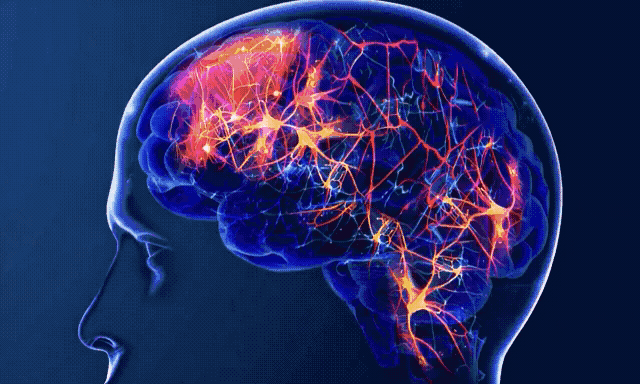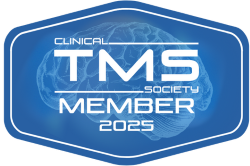Suicide Prevention: Warning Signs & TMS Treatment Hope
Dr. Georgine Nanos delivers critical insights on suicide prevention, breaking down warning signs and introducing revolutionary TMS therapy. This comprehensive guide covers depression symptoms, intervention strategies, and breakthrough treatments available in San Diego, offering hope and practical solutions for mental health care.
Key Takeaways
- Depression is a biological condition distinct from normal sadness, requiring proper medical intervention and understanding
- Critical warning signs of suicide risk include behavioral changes, withdrawal, and giving away possessions
- TMS (Transcranial Magnetic Stimulation) therapy offers a revolutionary, non-invasive treatment option with proven success rates
- Immediate crisis resources like 988 Suicide & Crisis Lifeline provide 24/7 professional support
- Early intervention and professional help significantly improve outcomes for those struggling with depression
Timestamps
- 00:40 - The Suicide Crisis - Current statistics on suicide rates across age groups - Focus on high-risk demographics including teenagers and middle-aged adults
- 01:47 - Understanding Depression - Biological basis of depression - Distinction between clinical depression and temporary sadness
- 03:57 - Suicide Risk Factors - Deep dive into psychological factors - Environmental and social contributors
- 05:39 - Warning Signs - Behavioral changes to watch for - High-risk indicators requiring immediate action
- 06:53 - Crisis Intervention - Effective communication strategies - Steps for helping someone at risk
- 07:49 - Crisis Resources - Details about 988 Suicide & Crisis Lifeline - Available support systems
- 08:41 - TMS Therapy Introduction - How TMS works - Benefits and effectiveness
- 10:21 - Treatment Comparisons - TMS vs. ECT differences - Treatment selection criteria
- 11:17 - Success Story - Casey's journey through treatment - Positive outcomes with TMS
- 13:20 - Action Steps - Practical prevention strategies - Community engagement opportunities
This content is for educational purposes only and should not replace professional medical advice. If you or someone you know is experiencing thoughts of suicide or severe depression, immediately call 988 or visit your nearest emergency room. Mental health treatment decisions should be made in consultation with qualified healthcare providers.

Meet the Author
Dr. Georgine Nanos, MD, MPH
Founder of Kind Health Group







